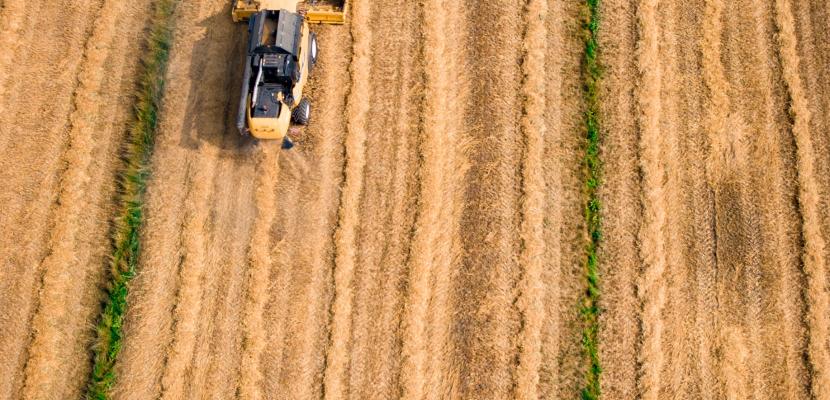
Ecolana: straw rich manure

About this good practice
Ecolana is an association of down-to-earth farmers who, through collaboration, form a modern, mixed company in the area between the coastal villages of Holwerd and Ternaard. The total acreage consists of approximately 360 hectares of clay soil inside the dike and 50 hectares of salt marsh outside the dike. Food safety, quality, animal welfare, the environment, nature and recreation are central to this. Switching from traditional agriculture to a socially responsible production method is and remains their goal. They do everything they can to close the cycle. One good practice they are applying is the use of straw rich manure (SRM) to enhance soil quality.
The dairy farmer has build a new barn. It is made in such a way that SRM comes out. The straw used is produced by the arable farmers.
On grassland SRM can be applied all year round, but on the arable land of the arable farmers that is more difficult because arable farmers are obliged to work SRM in the soil, large quantities of manure are scattered at once.
While smaller amounts per fertilization are preferred, because over-fertilization is not good for soil life. And less tillage is also important. Therefore farmers have been granted legal room to experiment with different amounts and ways of administer SRM. This experiment is monitored by researchers.
Resources needed
- farmers that are willing to collaborate in closing agricultural cycles;
- back-up by politics (law/ legal room if required);
- advisors or researchers for content;
- involvement of vocational education;
- funding for experiment/research.
Evidence of success
- Farmers work closely together since 2002;
- Farmers have partially closed there nutrient cycle and enhanced the soil quality, water quality and local biodiversity;
- Over 30 students have learned from the Ecolana concept and did research on site;
- Ecolana has become an official demo farm for vocational education and academic education.
Potential for learning or transfer
The Ecolana farmers are working in close cooperation since 2002 on nature inclusive farming. They learned the ups and downs the hard way and communicate openly about it so colleagues and students become acquainted with the developments and challenges of a modern circular farm. Potential for transfer and learning is in the way how they cooperate and make it a succes, how you can close cycles locally and on farm, and how to involve education and work in close cooperation with researchers and farmers.